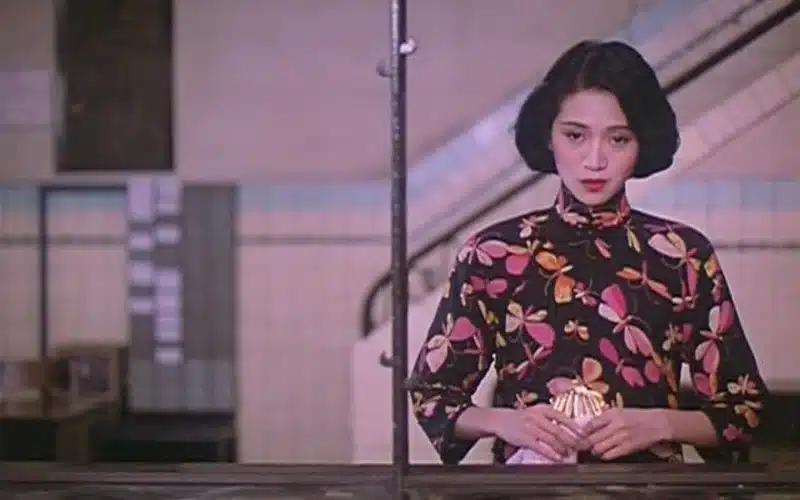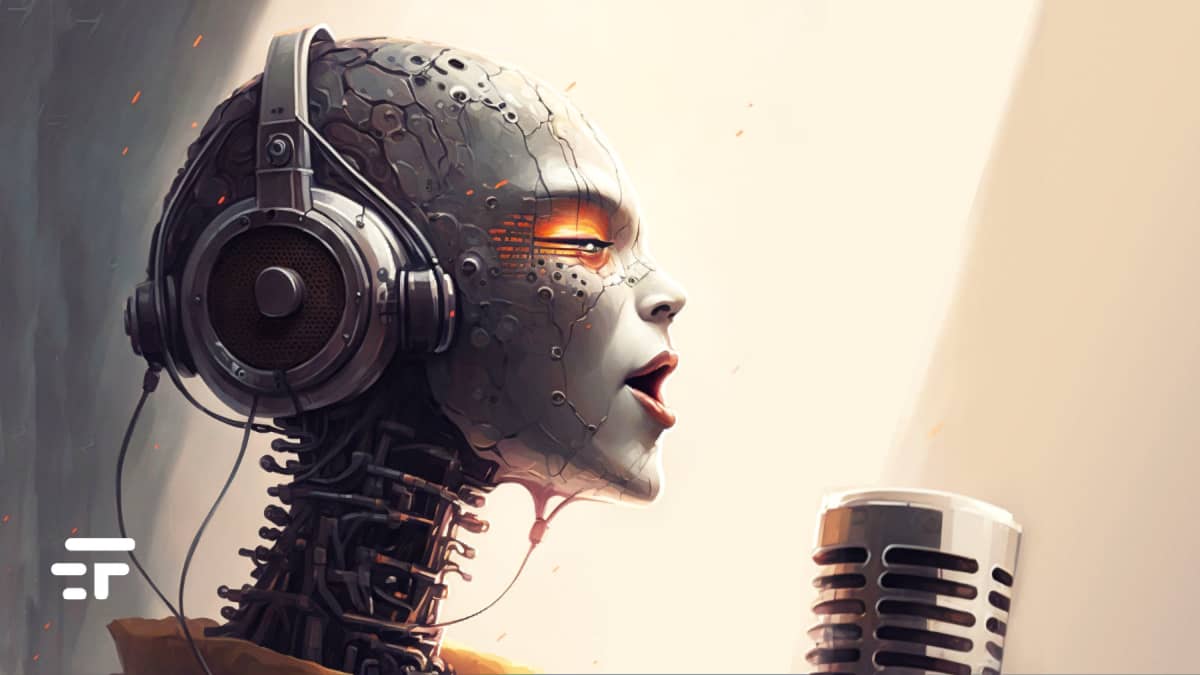They work hard, they study, they learn. Or they do castings, participate in talent shows, fight to emerge: artists work hard at all stages of their career to carve out a space for themselves in the world of music. And then there is artificial intelligence, which without any effort produces a piece of music and gets 100 million plays.
Secondo a report di Music Business Worldwide, the Chinese streaming giant Tencent Music has recorded and released over 1.000 new songs with AI-generated human voices. One in particular, titled “Today,” became the first song with an AI voice to break nine-figure numbers. Imagine, just one song has grossed $350.000 in revenue.
Singers who "come back to life", or completely new voices
TME's "patented speech synthesis technology", Lingyin Engine, is the core of these synthetic songs. It can replicate the voices of real singers to produce original songs in any genre and language., and Tencent has also used it to develop synthetic voices that recreate the unmistakable timbre of the voices of several deceased music stars, such as the late singer Chinese Anita mui.
Here is the song that “resurrects” it. The quality achieved is impressive.
Just like for AIs that create graphics and images based on simple written descriptions, or as for those who recreate missing actors (or rejuvenate those still alive like Bruce Willis o Harrison Ford), this “musical” AI also raises accusations.
Whose piece of music created by AI is it ultimately?
La Recording Industry Association of America (RIAA) has recently raised the alarm about AI piracy in the music industry. AI would "fish" from the infinite well of songs already created by human artists to cut, sew, glue, create a piece of music that seems new, but is actually "stolen here and there".

It's true? Technically yes. Is it possible to charge duties or rights? Maybe it will: maybe this technology will be regulated. Or not, and flesh-and-blood artists will have another cumbersome obstacle on the road to success.


